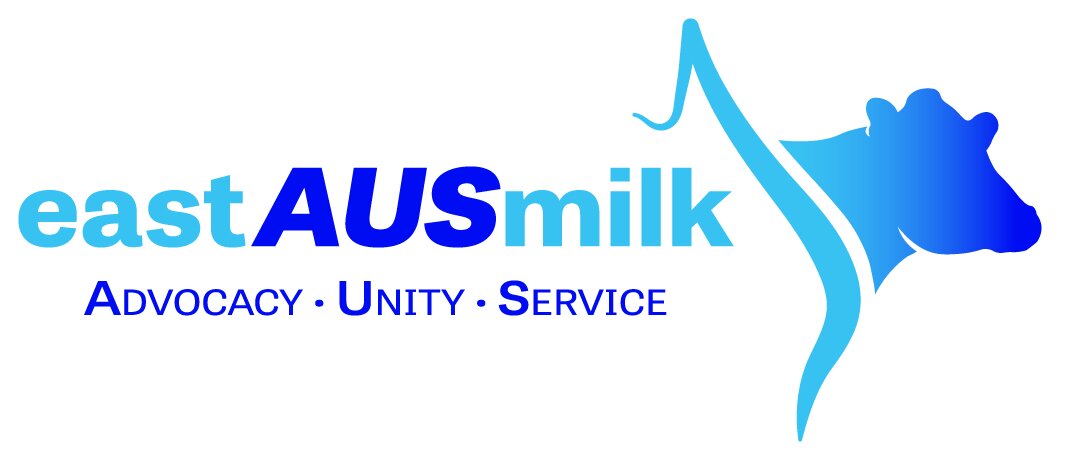Mapping farm emissions and opportunity key to net-zero, US consultant Matt Sutton-Vermeulen tells ADIC breakfast
Mapping out the areas of greenhouse gas emission impact and opportunity is the key to achieving net-zero emissions on farm, according to a specialist global sustainability consultant.
US-based Context Network principal Matt Sutton-Vermeulen said there was no backing down from net-zero for the US dairy industry because it had made a commitment to achieving it.
"We could spend more than a couple of hours debating ... about whether there is truly any feasible way of an animal protein or production system achieving net-zero, but the short version is 'by God we said we are going to do it, so we are going to do it'," he told the Australian Dairy Industry Council virtual industry breakfast in November.
Brands were driving the push to sustainability, as they increasingly saw it as part of risk management and how this was viewed by their shareholders.
His company's approach working with dairy farms in the US was to map out the farm's largest sources of emissions and the biggest potential revenue earners.
The four key areas on farms were:
Feed production - 26 per cent of total emissions, 3pc of revenue potential.
Manure management - 33pc of total emissions, 31pc of revenue potential.
Enteric emission - 35pc of total emissions, 6pc of revenue potential.
Energy generation - 6pc of total emissions, 54pc of revenue potential.
"The real opportunity is in energy," Mr Sutton-Vermeulen said, pointing to a farm he visited recently, where half of its revenue came from milk products and the other half from gas production from methane capture.
The challenge was how to measure greenhouse gas emissions on a real farm.
Mr Sutton-Vermeulen's company is developing measurement strategies for farms, which would also help work out which technologies held the most promise.
The key was getting the data from farms.
"Data makes the invisible visible," he said.
People management vital part of sustainability
Mr Sutton-Vermeulen said attracting, developing, and retaining talent was another aspect of sustainability on dairy farms.
"If anything is more complex than greenhouse gas emissions on a dairy farm, then its people," he said.
Corporate culture was critical - it was the key to getting things done.
His company is conducting a pilot with seven dairy farms looking at leadership and behaviour styles.
It is also looking at helping farm businesses understand how people learn and think and how they can adapt their people management to this.
Mr Sutton-Vermeulen there were three types of learners:
Visual - see/observe, show me, images.
Kinetic - do/act, give it to me, feeling.
Auditory - hear/talk, tell me, meaning.
There were three types of thinkers:
Sequential - process, planners, and logical people.
Global - focused on outcome, goals, multitasking.
Integrated thinkers - focused on bringing peace to other two camps
Their initial research on the seven farms revealed that more than 75pc of staff learnt by doing and seeing and more than half thought through process and order.
So, owners who learnt and thought differently to their staff could become frustrated by them, but they needed to take a different approach.
This meant, for example, that for most farm employees, there was no point in telling them how to do something, they needed to learn by doing.
One farm owner in the pilot program had changed their approach from monthly training sessions in the lunch room to hands-on process demonstrations.
Mr Sutton-Vermeulen's company also used a tool to help visualise the culture of the business, breaking it down into three different leadership and behaviour styles:
constructive style;
passive defensive style; and
aggressive defensive style.
They then mapped this to show a farm owner what employees saw as the current style on the farm and what they saw as the ideal style.
"When you bring this stuff to the farm and to the table it is amazing how much some of the employees want to contribute and want to become better," he said
"You can help them do that with your leadership."

